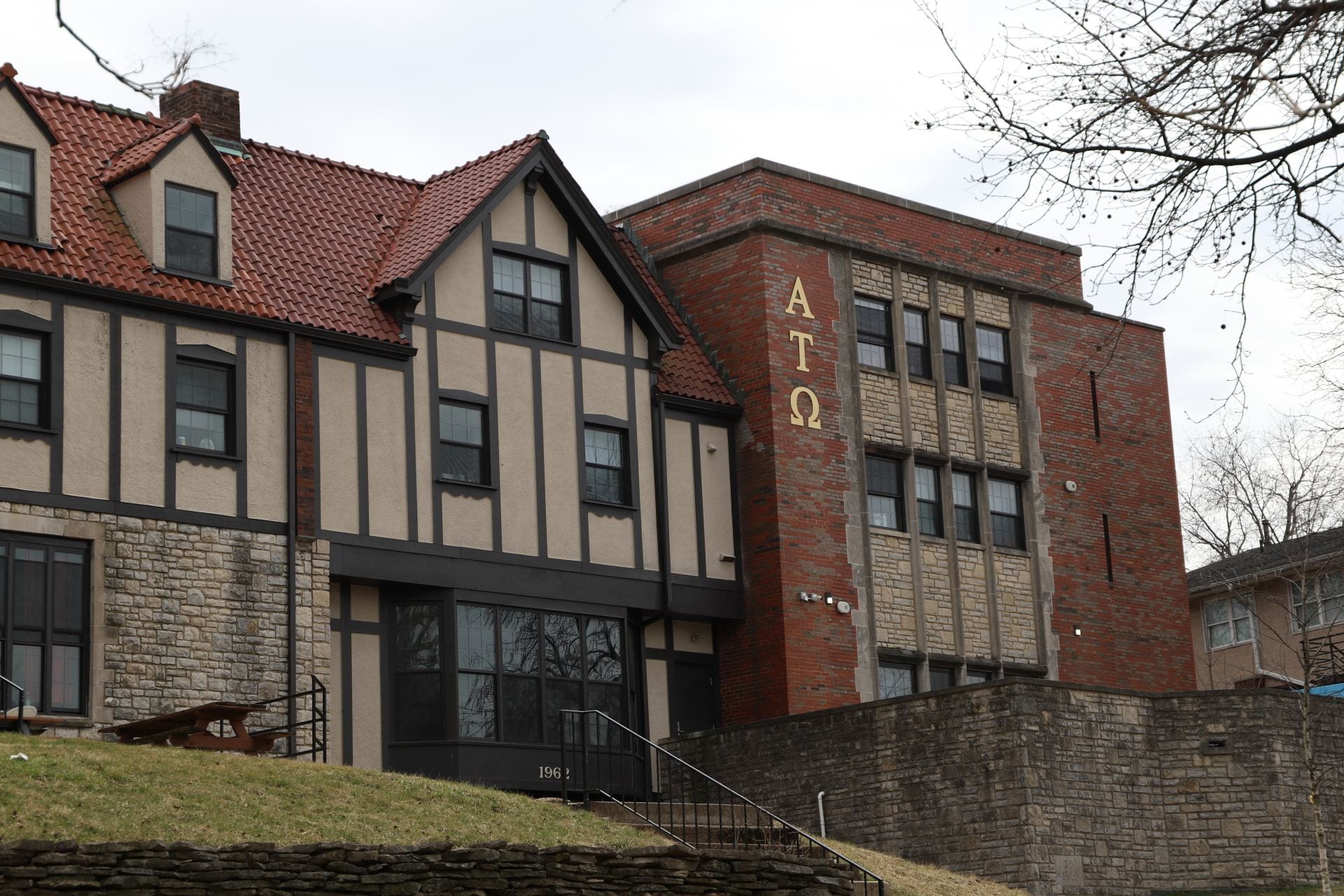
Former Ohio State graduates, legal aid attorney Anders Miller (left) and North Canton attorney James Fetter (right) have been welcomed onto the Disability Rights Ohio board. Credit: Courtesy of Anders Miller and James Fetter
Ohio State alums James Fetter and Anders Miller were selected as Disability Rights Ohio’s newest board members March 15, adding their distinct skill sets to the nonprofit.
Disability Rights Ohio — also known as DRO — is a local organization dedicated to creating a more accessible and equitable world for people with disabilities, according to its website. Kerstin Sjoberg, president and CEO of DRO, said the nonprofit aims to represent Ohioans with disabilities through both external and internal means.
“One of the things that’s really important about us as an organization is that we’re led by people with disabilities,” Sjoberg said. “That starts with our board. Our board is [a] majority of people with disabilities; I think we have 80% of our board right now, and many of them are also family of people with a disability or experts who work with people with disabilities.”
As the CEO, Sjoberg said she was present when Fetter and Millers were chosen as new board members, and their respective life experiences were a driving factor in the overall decision.
“Both of them are attorneys, so that was one of the things we were looking at for skill sets on the board — bringing in that legal skill set, that was a key area,” Sjoberg said. “And, both of them bring lived experience with a disability. They have different experiences in that area, and they’ve both faced barriers in their education and careers.”
For Fetter, his lived experience stems from being blind since birth. After graduating from Ohio State with a law degree in 2018 and becoming a practicing attorney, Fetter said he wanted his accomplishments to help inspire others.
“I think I have a responsibility to do what I can to make things better for the next generation and to make Ohio a more equitable place for people with various disabilities,” Fetter said. “I just want to be an example of what is possible when people give someone like me a chance.”
Beyond offering expertise in strategic direction, Fetter said he wants to spend his time as a new board member changing the narrative around people with disabilities so they can be embraced and viewed as an everyday part of life.
“I just think it’s sort of a package deal for me, being on the board of Disability Rights Ohio,” Fetter said. “It’s my way of doing that and doing what I can in the moment, right now, to advance that dream of disability equality, inclusion and just normalization.”
Miller — a self-proclaimed “double Buckeye” who graduated from Ohio State with a secondary English education degree in 2015, going on to earn his law degree in 2021 — said due to the harmful narratives that can surround certain disabilities, he has faced obstacles from those who don’t necessarily understand his condition.
Miller said he has been diagnosed with ADHD, receiving accommodations as early as the sixth grade; due to the “invisible” nature of his disability, however, Miller often masked his troubles.
“We may seem that we are typical, but, ultimately, there are things that we struggle with and aren’t good at,” Miller said. “I’ll get comments like, ‘Oh, you’re really smart for someone with ADHD,’ or ‘I’m surprised to hear you have that.’ Things like that — where it may not be visible in a lot of places in life, but it’s always going to be there under the surface.”
Though Miller’s legal skills and employment history as an attorney with the nonprofit Legal Aid played a role in his addition to the DRO team, Miller said his first experience with DRO — as one of its clients — ignited an early dream to work with the organization.
“With DRO’s help there, I was like, ‘I really want to be able to provide some benefit back because DRO did help me through that process [of taking the bar exam],’” Miller said.
Like Fetter, Miller said creating a stronger sense of normality for individuals with disabilities is an important part of what he plans to accomplish on the DRO board. He said ensuring that resources, accommodations and just overall assistive measures are always available is the first step in doing that.
“I want students to know and reach out to the resources that they have and also seek out other resources,” Miller said. “Because there are resources out there for them to be able to get the access that they need and the support that they need, to be able to benefit from their education.”


